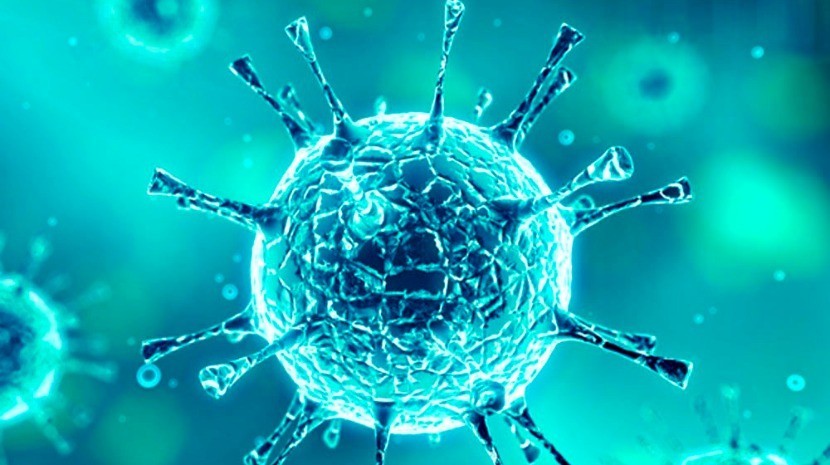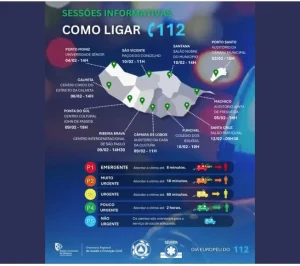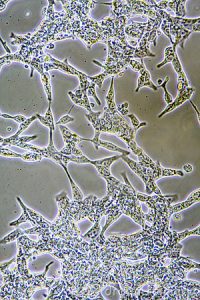The World Health Organisation (WHO) today called on scientists and governments to strengthen and accelerate research to prepare the world for the next pandemic.
“History teaches us that the next pandemic is a matter of ‘when’ and not ‘if’. It also teaches us the importance of science and political determination to mitigate its impact,” said WHO Director-General Tedros Adhanom Ghebreyesus.
On Tuesday, at the World Pandemic Preparedness Summit in Brazil, the WHO presented a report that advocates for broader intervention by governments and scientists to create knowledge, tools, and measures that can be quickly adapted to emerging threats.
“This strategy also aims to accelerate surveillance and research to understand how pathogens transmit and infect humans and how the immune system responds to them,” the WHO statement said.
To facilitate this task, WHO is convening scientific institutions from around the world to establish a collaborative open research consortium for each pathogen family, which will work in collaboration with a WHO centre.
These pathogens are found mainly in places in the world with high biodiversity and are poorly studied and monitored because the local scientific community does not have the infrastructure or resources to do so.
The work that underpins the report presented in Brazil involved more than 200 scientists from more than 50 countries, who evaluated the knowledge and evidence on 28 families of viruses and a core group of bacteria, covering 1,652 pathogens.
Epidemic and pandemic risk was determined by taking into account available information on transmission patterns, virulence, and the availability of diagnostic tests, vaccines, and treatments.
The WHO proposes to use prototype pathogens (those that are already known) as guides to develop knowledge about entire families of pathogens and exploit them in the search for new ones that can cause a new pandemic.
Samantha Gannon
info at madeira-weekly.com
Views: 1








